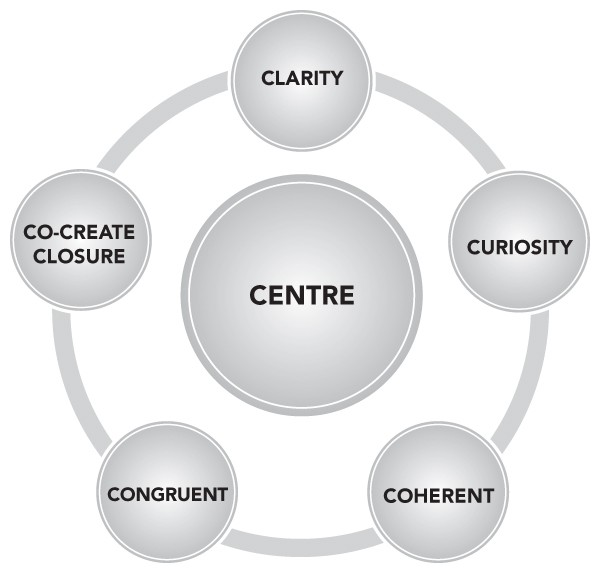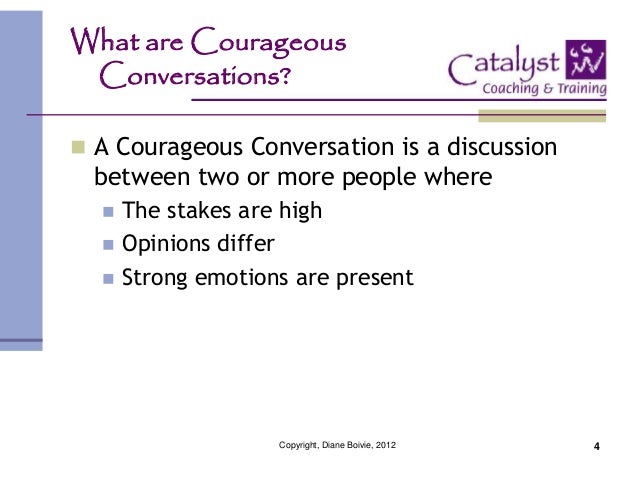
In a non-virtual world, structured small breakout meetings facilitated by internal or external diversity experts typically follow these panel discussions. To date, I have participated in several of these, and what generally takes place is the following: a CEO declaring an anti-racism agenda followed by structured dialogue among black, brown, and white executives and managers about their experiences working in the company. Some companies will feel more prepared to have these conversations since they first embarked on them four to five years ago after the multiple killings of unarmed black people in the U.S., including Trayvon Martin, Tamir Rice, and Michael Brown. One commitment that many companies have made is to convene employees via town hall meetings to discuss race in the workplace. While racism in America is centuries old, this movement toward mass public corporate declarations to tackle racism is new.

Over the past few weeks, countless companies have spoken out publicly against racism and other injustices after the murders of Breonna Taylor, Ahmaud Arbery, George Floyd, and Rayshard Brooks, and the racist encounter between Amy Cooper and Christian Cooper (no relation) in Central Park.

So, your company wants you to talk about race? You are not alone. Here, she offers her own framework for middle managers in corporate environments who would like to initiate conversations about race in the workplace. “To eradicate systemic racism, it is important for managers to empower employees and provide them with resources for having productive conversations about race,” writes Wharton management professor Stephanie Creary in this opinion piece.

#Courageous conversations exercises how to#



 0 kommentar(er)
0 kommentar(er)
